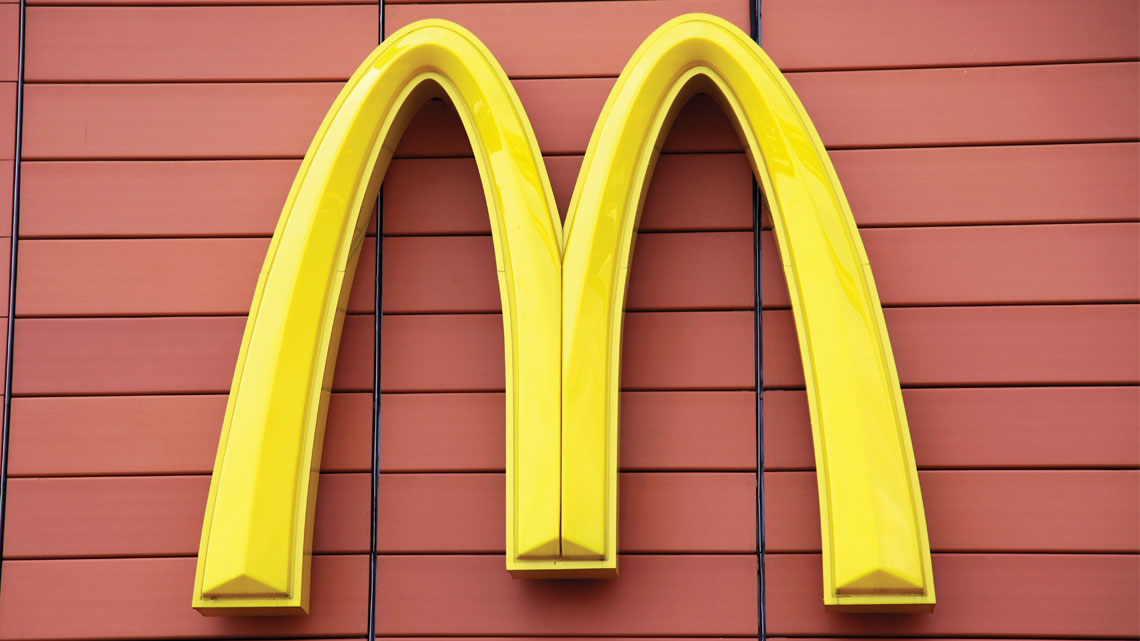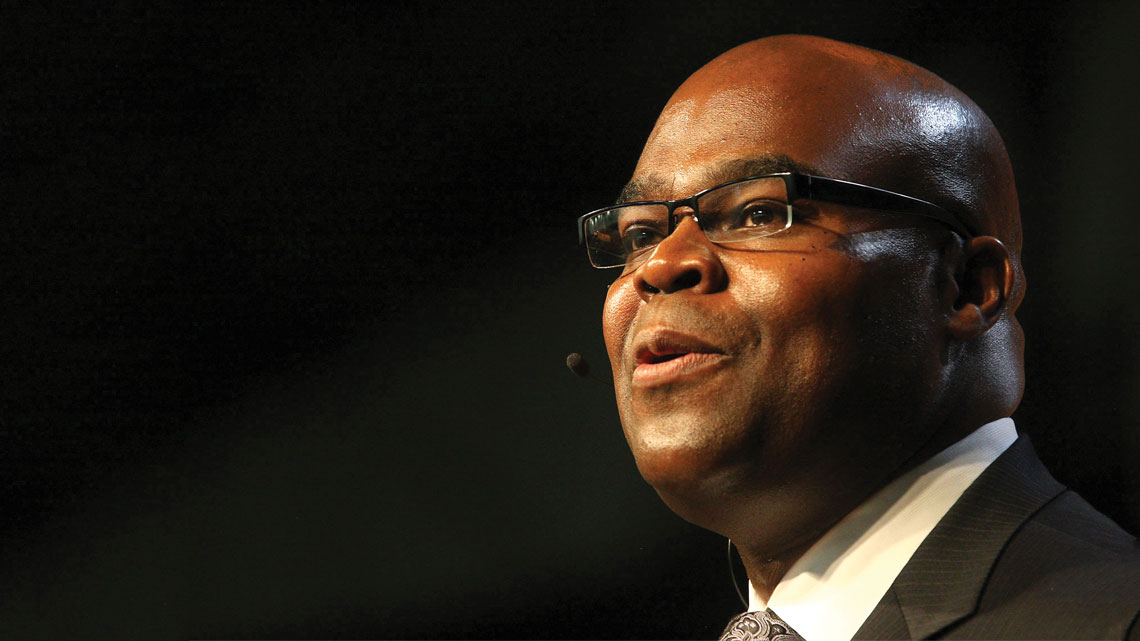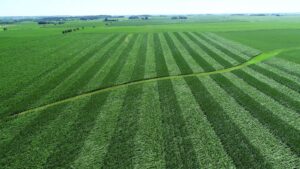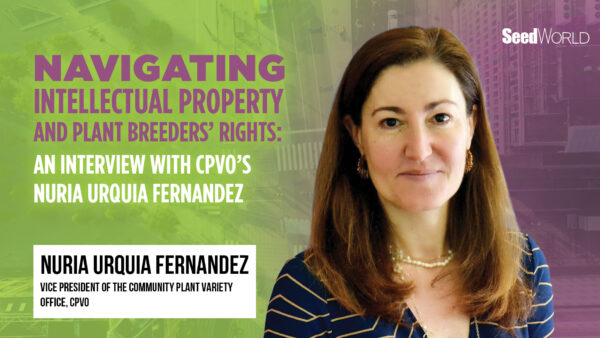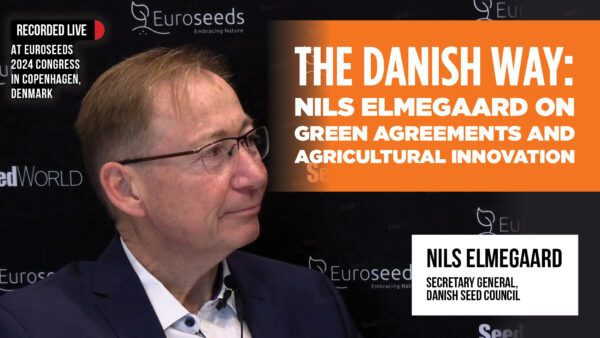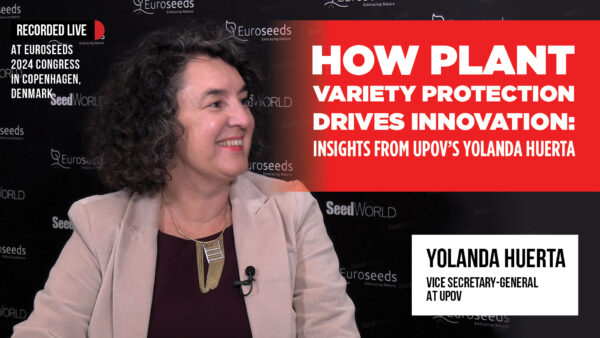Throughout the food supply chain, companies focus efforts on sustainability and science?
How does an individual with an electrical engineering degree and a focus on aeronautics become the CEO of McDonald’s? It’s a question Don Thompson gets asked frequently. After graduating from Purdue University, McDonald’s called and asked him to interview in St. Louis. Thompson says he assumed it was McDonnell Douglas — a renowned engineering firm — and couldn’t have been more excited.
When he returned home from the interview and told his wife it was the burger and fries McDonald’s, he wasn’t sure but decided to give it a shot. Now more than 20 years later and after turning the San Francisco region, one of the worst performing areas in the U.S., into the No. 2 region, he’s made it to the top spot.
Being raised in Indiana, Thompson is sensitive to the needs of agriculture and consumer demands. “It’s a delicate balancing act,” he says. With more than 35,000 restaurants globally, McDonald’s employs 1.8 million people and often times it’s their first job. “We have a vested interest in agriculture and farmers,” Thompson says. “Without farmers, there is no McDonald’s. This partnership is important; we source food from Indiana, Illinois and apples from Washington.”
So what do consumers want? They want good food in a clean friendly place, Thompson says, explaining that he and his team are working to create win-win relationships.
As CEO, Thompson acknowledges that while it’s a privilege to serve as the voice for McDonald’s, it’s also a responsibility. “What we do and say could hurt farmers,” Thompson says. “It’s our job to listen to a lot of people. There are natural tensions among members of the food chain. Our No. 1 responsibility is to listen to our customers. Customers’ needs will always drive our business.”
He says McDonald’s is focusing on three consumer trends: transparency, food quality and sustainability. “Consumers want to know where their food comes from and what’s in it,” he says. “Technology has changed the notion of transparency and we are using social media and videos to put a face with the products we serve.”
[bs_row class=”row numbers red”]
[bs_col class=”col-xs-4″]1,300
gallons of water is the average used per day for a traditional, freestanding McDonald’s.
[/bs_col] [bs_col class=”col-xs-4″]37
percent less water is used for irrigating U.S. corn today than in 1987.[/bs_col] [bs_col class=”col-xs-4″]41
percent is the increase in the productivity of U.S. corn from 1987.[/bs_col]
[/bs_row]
Thompson says when it comes to food quality, he can never say enough. This includes animal health and welfare and how products are made, he explains, noting that the average person is three to four generations removed from agriculture. As the population has increased and resources are strained, sustainability has become increasingly important. “Sustainability is a big word,” he says. “The land we have today has to be used more effectively — it’s about ethics, environment and economics.”
Thompson’s team at McDonald’s is working with farmers, industry groups and non-governmental organizations to define sustainability and set production parameters. “Some people want us to get there in one year,” Thompson says. “We are there at the gate to say no we can’t. We have to bring farmers to the table and we have to rely on science.”
Thompson knows the company is in the spotlight. “If we make changes at McDonald’s, we know that sometimes the world changes with us,” he says.
While Thompson and McDonald’s are near the end of the food supply chain in handing off the final product to consumers, seed companies are at the very beginning — and there’s a lot that happens in between.
From the Beginning
But one thing is clear: from start to finish industry and all those that touch agriculture are focused on sustainability and the science.
Monsanto, Syngenta, Bayer CropScience, DuPont Pioneer and BASF all have sustainability efforts.
For example Bayer’s Winter Cereals: Sustainability in Action initiative is a joint research and education initiative developed by Bayer and Ducks Unlimited that promotes improving agricultural productivity while maintaining habitat for wildlife by increasing wheat acres in the Prairie Pothole Region of North America.
“Sustainability is a big word. The land we have today has to be used more effectively — it’s about ethics, environment and economics.”
— Don Thompson
As part of this effort, the company is working with regional universities to develop new winter wheat varieties and research best management practices. It’s also providing regional agronomists to help producers through technical assistance, research/demonstration plots, field tours and educational materials, in addition to researching waterfowl nesting success in winter wheat.
Syngenta, a major supplier of vegetable seeds, is committed to sustainability through its Good Growth Plan. The plan focuses on six commitments: make crops more efficient; rescue more farmland; help biodiversity flourish; empower smallholders; help people stay safe; and look after every worker.
So there’s the bun and tomato to go with the sustainable beef patty. Everyone — from seed companies to farmers to restaurants — are working to produce more food from fewer resources and using science to transform these lofty goals into reality.


